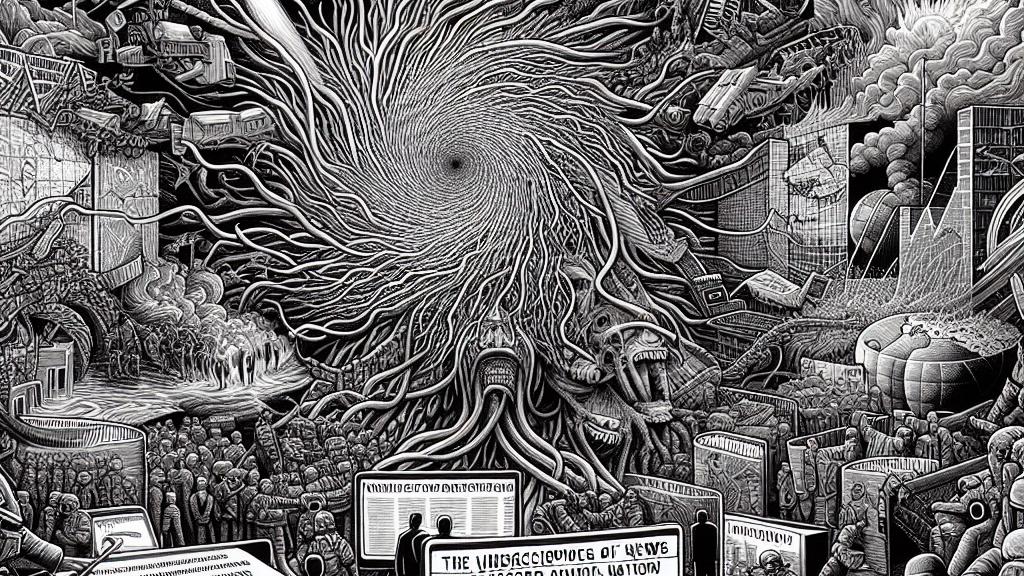Plans for Martial Law in South Korea Unveiled
Overview
- Explosive martial law plans were drafted by South Korea's military in November, igniting widespread public concern.
- President Yoon Suk Yeol now faces severe allegations, including treason, after a controversial martial law attempt.
- Intensifying investigations target a range of officials, raising urgent questions about the future of South Korean democracy.

The Startling Revelation of Martial Law Plans
Can you imagine the shockwave that hit South Korea when the news broke that military leaders had been secretly drafting plans for martial law since November? This wasn't mere speculation; documents from opposition lawmaker Ms. Choo Mi-ae have made it clear that these plans were a serious undertaking authorized by Lieutenant-General Yeo In-hyung of the counter-intelligence unit. This is a huge deal, as it not only reveals a level of premeditation but also leads us to ponder why such drastic actions were being considered just weeks before President Yoon Suk Yeol's controversial and ultimately failed declaration on December 3. Many citizens are left wondering if this was all a part of a larger strategy or a desperate, last-minute attempt to regain control amid rising tensions.
The Aftermath of the Martial Law Declaration
The declaration that followed sent shockwaves through the nation, triggering an outpouring of public outrage. Imagine protesters filling the streets in cities like Seoul and Busan, rallying against what they considered an alarming assault on democracy. Many of these demonstrators chanted loudly for President Yoon's impeachment, highlighting the fear that his martial law declaration symbolized a chilling suppression of their freedoms. Reports surfaced that lawmakers were barred from entering the National Assembly, effectively sidelined in one of the most critical moments in South Korea's political history. This not only fueled anger but showcased a blatant disregard for the democratic process, raising serious alarms over the balance of power within the government.
Ongoing Investigations and Their Implications
As investigations ramp up, the implications for President Yoon and his administration are profound and potentially perilous. Just recently, a former defense minister was detained, marking a significant escalation in accountability. With serious charges looming—specifically accusations of insurrection that could lead to life imprisonment—this unfolding scandal highlights the precarious nature of political authority in South Korea. Just think back to previous political upheavals, like the ousting of President Park Geun-hye; the parallels are stark and deeply concerning. As South Koreans watch closely, they are left with pressing questions: Will justice be served, or will this infamous chapter in their history end with further chaos? Each new piece of news amplifies the uncertainty, and the future of South Korean democracy hangs in the balance.

Loading...